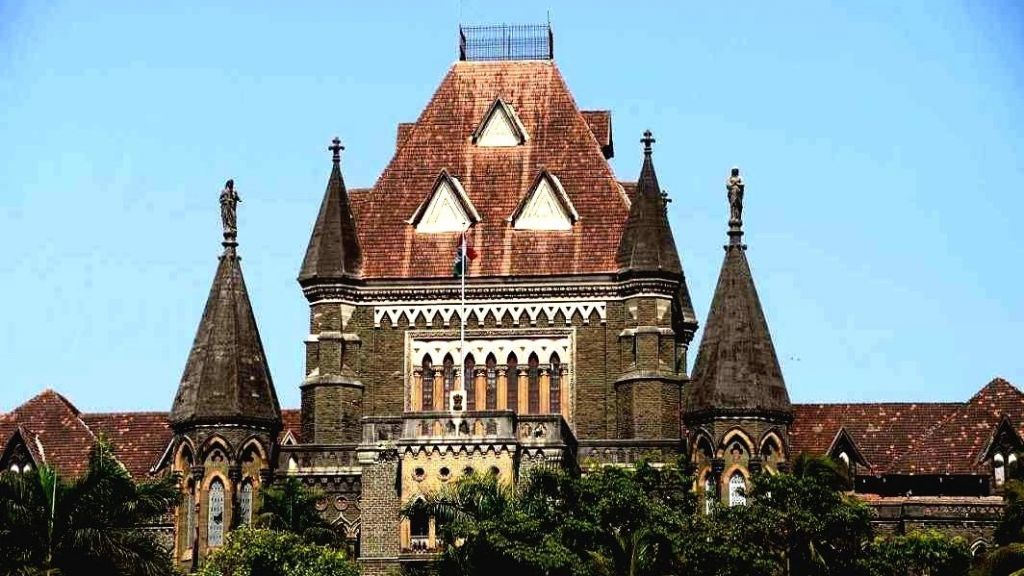
Mumbai: The Bombay High Court on Thursday emphasised the Maharashtra government's duty to provide not only proper financial and medical assistance, but also counselling to survivors under the Protection of Children from Sexual Offences (POCSO) Act.
This observation was made during a hearing on a plea filed by the mother of a four-year-old child who was sexually assaulted on August 13 by a juvenile from their neighbourhood. The plea alleged that the police had used abusive language and discouraged the family from filing a complaint.
Public prosecutor Hiten Venegaonkar informed a bench of Justices Revati Mohite-Dere and Prithviraj Chavan that notices were issued on September 9 by the Deputy Commissioner of Police to the officers responsible for the delay in registering the FIR.
During the previous hearing on September 5, the High Court deprecated magistrate courts for assigning fixed dates to police stations for recording victims' statements, without making exceptions for POCSO cases. The Act mandates prompt recording of victims' statements.
The court was informed that the victim's statement had been recorded on September 9. However, the bench noted that no priority requisition had been made by the police to expedite this process, despite the case being under POCSO.
Venegaonkar said that requisitions for recording statements are often not acknowledged, with police being told to return on their assigned date for the station. “Whenever it (requisition) is tendered, it is never acknowledged. They just say whenever the date (for the concerned police station) is there, come (to record the statement),” he added.
The court was further informed that on September 18, the District Legal Services Authority awarded Rs 3 lakh as compensation to the victim. A portion of the amount was disbursed to the guardian, while the rest was placed in a Fixed Deposit until the child reaches adulthood.
The judges inquired whether counselling had been provided to the survivor and her family and questioned the role of the Child Welfare Committee (CWC) and the Commission of Woman and Child Welfare in the case. “What about counselling? Compensation is one thing. Tell us what CWC has done in the present case,” the bench asked. Under the POCSO Act, the government is required to offer therapy, counselling, and rehabilitation to young victims.
The court stressed that providing financial, medical, and psychiatric support is the state government’s duty, stating, “It is a matter of fact that financial and medical assistance should be given to everyone.”
The bench sought an assurance from a responsible senior state official and emphasised that survivors / their families should not have to approach the High Court for such assistance, expecting the government to ensure compliance.